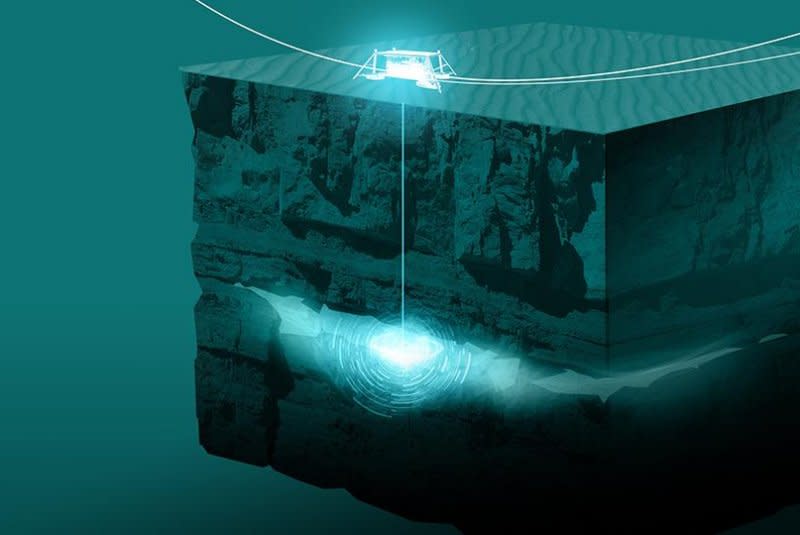Norway makes more strides on offshore storage of greenhouse gas CO2

Aug. 18 (UPI) -- The Norwegian government said Friday that three energy companies were awarded acreage in the North Sea to store carbon dioxide, a potent greenhouse gas.
"Awarding new licenses allows Norway to contribute an important role in establishing a commercial large-scale carbon capture for European emissions sources," Energy Minister Terje Aasland said Friday.
Norwegian energy company Sval Energi, carbon storage company Storegge and the Norwegian subsidiary of Europe's Neptune Energy were awarded licenses for CO2 storage in the North Sea.
Companies and economies pursuing a cleaner future can store CO2 in underground geological formations or send it off to end users such as the beverage industry.
Five companies, all either Norwegian or Norwegian divisions of European companies, already submitted applications in March to Norway's Ministry of Petroleum and Energy to store CO2 in Norwegian waters of the North Sea.

Last week, the U.S. Department of Energy announced $1.2 billion in climate funding was available for two commercial-scale direct air capture, or DAC, facilities in Texas and Louisiana that will help reduce the concentration of CO2 in the atmosphere.
The initiative is funded through President Joe Biden's Bipartisan Infrastructure Law and is part of the Regional Direct Air Capture Hubs program, which aims to build a national network of carbon removal sites to mitigate the escalating climate crisis.
Norway is ahead of the game in carbon storage. Norwegian energy company Equinor joined Shell and TotalEnergies in 2018 in agreeing on the Northern Lights carbon storage facility in the North Sea, which came as a result of Norway's first-ever license for offshore carbon storage.
The nation's energy regulator believes the North Sea has the potential to store more than 80 billion tons of CO2, which is the equivalent of 1,000 years worth of Norwegian emissions.

